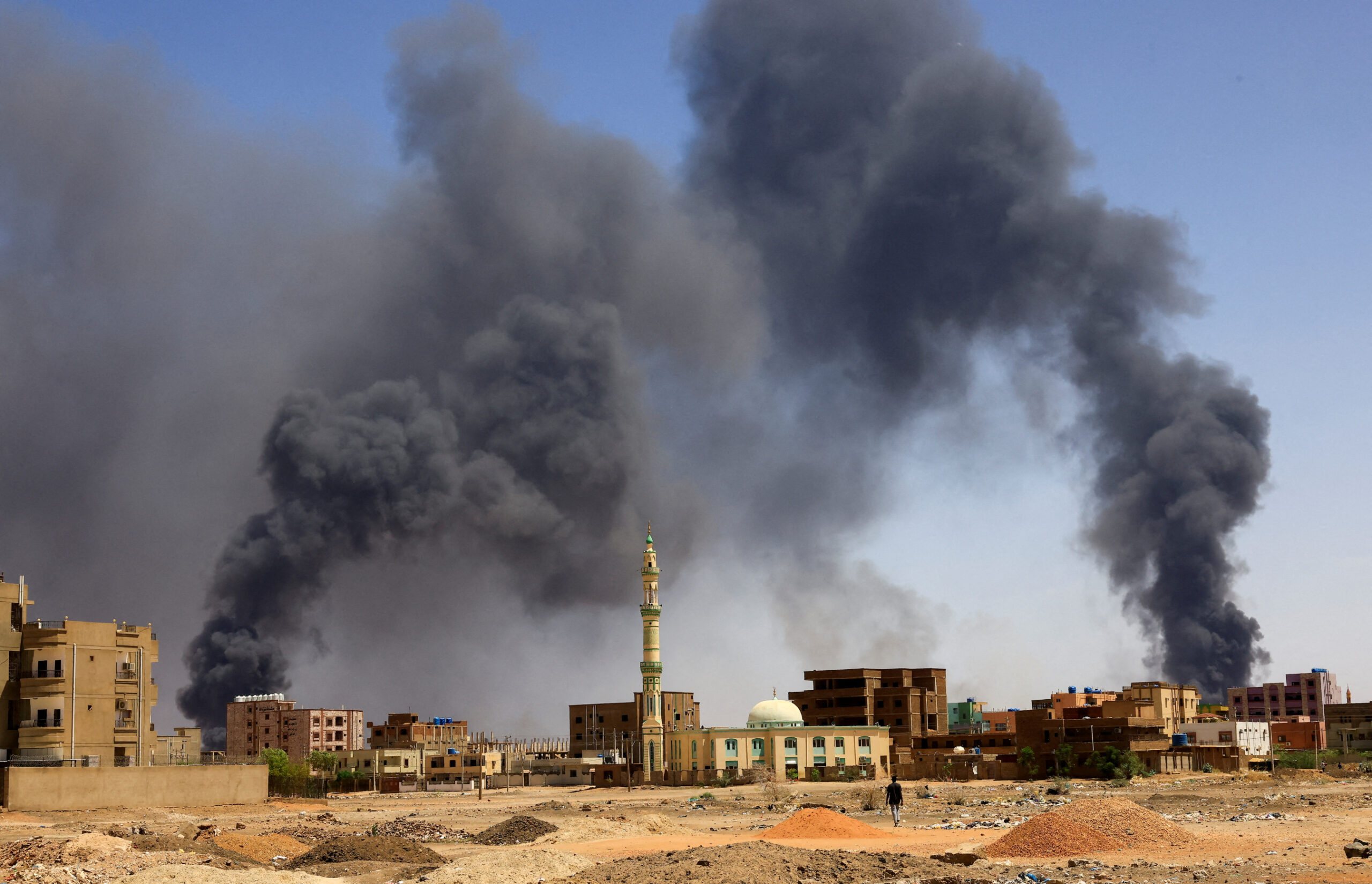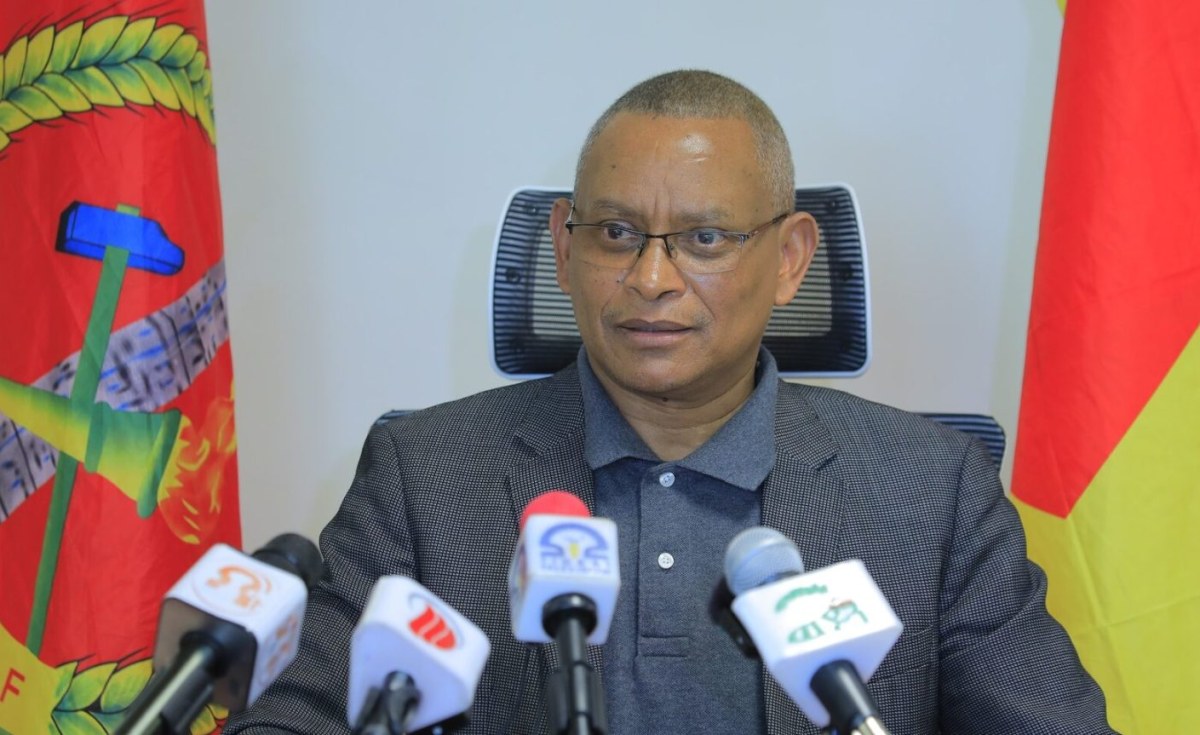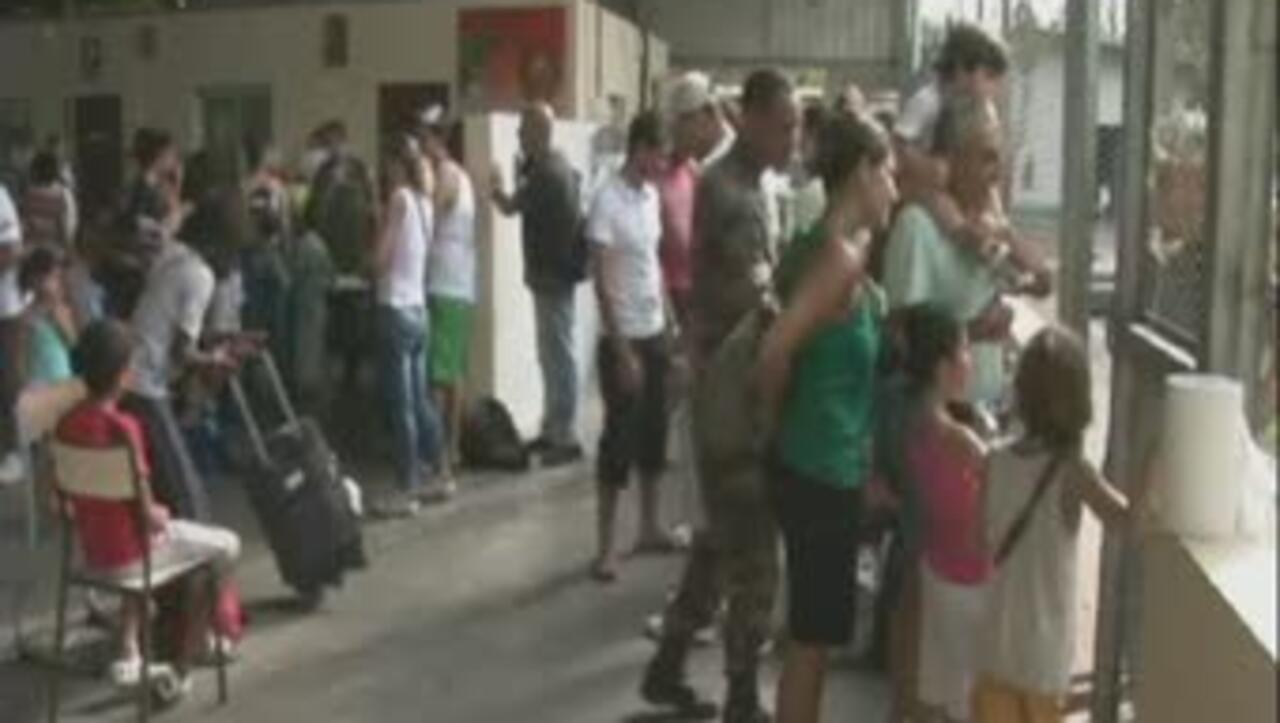Surviving Khartoum: Life After RSF Occupation Amid Military Control and Humanitarian Crisis
Surviving Khartoum: Life After RSF Occupation Amid Military Control and Humanitarian Crisis

After two grueling years under the brutal control of the Rapid Support Forces (RSF), Khartoum is finally free, now held by the Sudanese Armed Forces (SAF). Yet, for the city’s residents, survival remains an uphill battle amid devastated infrastructure, ongoing insecurity, and a deepening humanitarian crisis.
Last month, I traveled between Port Sudan—the wartime capital—and Khartoum, the actual political center now reclaimed by the army. On this journey, I witnessed hundreds of families moving in opposite directions: some returning to what was left of their homes in Khartoum, others fleeing again toward Port Sudan after finding nothing but destruction.
The Fragile Return and Broken Dreams
Many returnees arrived in Khartoum hoping to rebuild their lives. Small trucks packed with furniture and household items rolled into the city, as families sought to reclaim normalcy. However, the reality on the ground was grim. Neighborhoods like Arkaweet revealed no signs of restored life—no water, no electricity, and no functioning health centers.
Salah Mohamed and his family, who had fled to Egypt, came back only to leave again within weeks. “We bought furniture from Cairo to bring home, but we were shocked at the conditions here,” he told me. “There is no way of life in Khartoum.”
Devastation and Militarization
Khartoum’s landscape is scarred by heavy fighting and neglect. Buildings reduced to ash, overgrown vegetation, and dead animals litter the streets alongside piles of abandoned furniture and broken electrical appliances. Downtown Khartoum, once vibrant, now hosts deserted landmarks including the heavily shelled presidential palace and the damaged commercial towers near the Nile confluence.
The city remains heavily militarized. Soldiers and armed civilians aligned with SAF dominate the streets, and police stations have reopened in some areas. However, large parts of the city remain difficult or impossible to live in due to destroyed infrastructure and collapsed basic services.
Ongoing Humanitarian Crisis and Health Risks
Cholera outbreaks have erupted in Khartoum and its twin city Omdurman, exacerbated by attacks on water and electricity infrastructure, primarily blamed on RSF drone strikes. Hospitals and clinics struggle to accommodate the sick, with overcrowded wards where multiple patients share a single bed.
Returnees often rely on communal kitchens and emergency response rooms run by local volunteers for food, highlighting the dire food insecurity across the city. Samir Suleiman, a recent returnee, described the situation as “gloomy and deteriorating,” expressing doubts about a quick return to normal life.
RSF Abuses and Continued Insecurity
The RSF’s two-year reign was marked by widespread human rights abuses. Thousands were detained, women and girls raped, and homes commandeered to shield fighters from airstrikes. The RSF’s campaign included extensive looting—stealing cultural artifacts and personal belongings on an unprecedented scale for a capital city.
Many civilians faced constant fear of night raids, extortion, and accusations of collaboration with SAF. A 55-year-old woman I spoke with described her abduction by RSF fighters, her month-long captivity, and the horrific conditions endured by detainees. Though she and others were eventually freed after the RSF left, the psychological scars remain deep.
SAF and Allied Militias’ Accountability Concerns
Despite relief at the RSF’s departure, allegations have surfaced of abuses by the SAF and allied militias such as the Al Bara Ibn Malik brigade and Sudan Shield Forces. Reports of extrajudicial killings, arbitrary detentions, and intimidation against suspected RSF collaborators have stirred fears of ongoing violence and lawlessness.
Witnesses from Khartoum’s al-Kalakla area described brutal summary executions of alleged RSF collaborators. While many agree these individuals had ties to the RSF, the consensus is that justice should be pursued lawfully. A spokesperson for the Al Bara Ibn Malik brigade emphasized that accountability lies with SAF, police, and judiciary institutions.
The Path Forward: Recovery and Reconciliation
Khartoum’s future depends on rebuilding trust, infrastructure, and governance. Sustainable peace requires addressing the humanitarian crisis, restoring essential services, and ensuring transparent accountability for abuses by all parties.
Returnees must be supported with adequate housing, health care, and economic opportunities to prevent repeated displacement. Furthermore, fostering dialogue between military forces and civilian populations is critical to prevent further cycles of violence and mistrust.
Additional Resources
- Sudan Conflict 2023 Overview
- Human Rights Watch: Sudan 2023
- UN OCHA Sudan Humanitarian Response
- Rapid Support Forces – Wikipedia
Author: Mohammed Amin
This article is adapted from The New Humanitarian and originally published by The African Mirror.
Surviving Khartoum: Life After RSF Occupation Amid Military Control and Humanitarian Crisis
Surviving Khartoum: Life After RSF Occupation Amid Military Control and Humanitarian Crisis

After two grueling years under the brutal control of the Rapid Support Forces (RSF), Khartoum is finally free, now held by the Sudanese Armed Forces (SAF). Yet, for the city’s residents, survival remains an uphill battle amid devastated infrastructure, ongoing insecurity, and a deepening humanitarian crisis.
Additional Resources
- Sudan Conflict 2023 Overview
- Human Rights Watch: Sudan 2023
- UN OCHA Sudan Humanitarian Response
- Rapid Support Forces – Wikipedia
Author: Mohammed Amin
This article is adapted from The New Humanitarian and originally published by The African Mirror.




